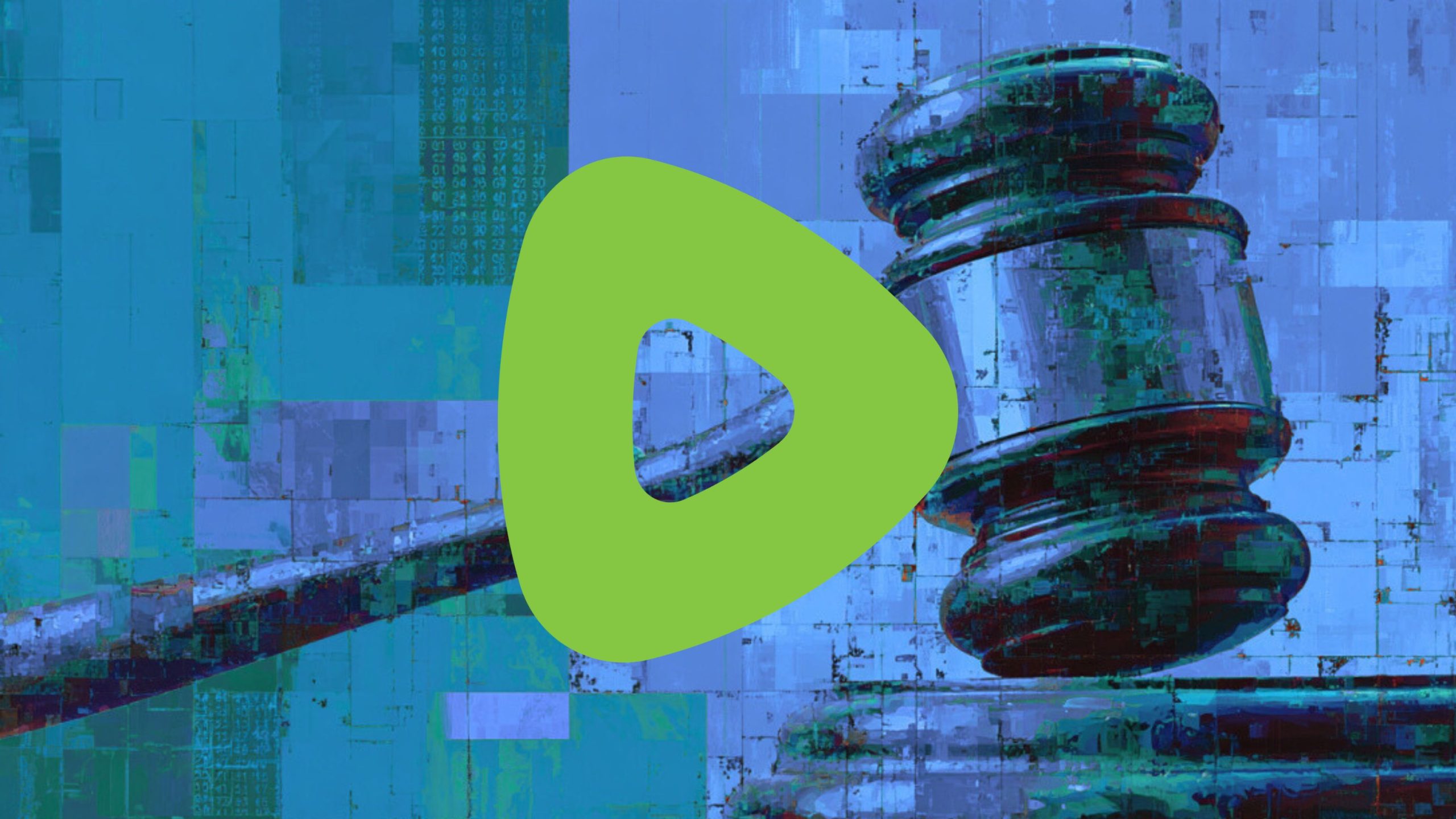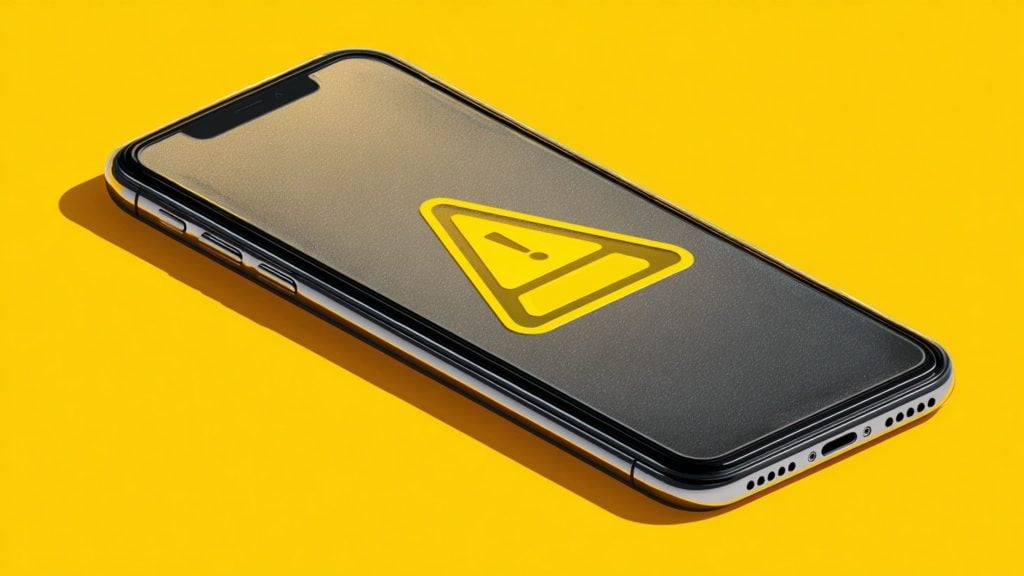Rumble, the video-sharing and cloud services platform, has reopened access to its site for users in France following a decisive legal development.
A court ruled that a French official’s demand for content removal, delivered via email, held no legal authority.
In response, Rumble has restored full access to its platform across the country.
The dispute dates back to 2022, when a French government representative attempted to pressure the platform into censoring certain videos.
Rather than complying with the demand to erase content under threat of legal consequences, Rumble took the bold step of withdrawing service from France entirely.
That stand against political interference has now been vindicated by the court’s finding that the email in question could not be treated as an enforceable action.
Chris Pavlovski, founder and CEO of Rumble, responded to the ruling with optimism and a clear message about the platform’s values:
“Freedom wins out again, and we are thrilled that the French people will once again have access to the Rumble public square, where the free exchange of ideas happens around the clock. France has a rich history of fighting for individual freedoms, which aligns seamlessly with Rumble, as we are a freedom-first platform in everything we do. We look forward to turning the page in France and beginning a new chapter.”
Rumble has long positioned itself as a defender of free expression in the face of growing state-led pressure to control online narratives.
Its legal filing in France challenged demands from authorities who wanted content removed, including coverage from Russian news outlets.
“Recently, the French Government demanded that we remove certain Russian news sources from Rumble. As part of our mission to restore a free and open internet, we have committed not to move the goalposts on our content policies,” the company stated at the time.
Although the platform acknowledged that France made up a small portion of its user base, less than one percent, Rumble emphasized that it was the principle of the matter that drove its decision.
It noted that French users would “lose access to a wide range of Rumble content because of these government demands,” calling out the broader implications of censorship for internet freedom.
The European Union and the United States have imposed broad sanctions on Russia since the start of the war in Ukraine, including bans on state-run broadcasters such as RT and Sputnik.
These efforts have caused controversy around the balance between national security concerns and the suppression of information.
***
Governments around the world are increasingly pressuring American-based tech platforms to censor content beyond their borders.
The United Kingdom, for instance, has targeted 4chan using its censorship law, the Online Safety Act, demanding that the platform restrict content even though 4chan is incorporated in the US and has no physical presence in the UK.
Lawyers for the platform have pushed back, arguing that foreign bureaucrats cannot dictate speech rules to American businesses.
This extraterritorial reach is part of a growing trend where foreign governments attempt to use their domestic laws to control global speech.
Brazil has taken an even more aggressive stance. Its Supreme Court has repeatedly ordered platforms like X and Rumble to remove content or suspend accounts, often under threat of daily fines or outright bans.
Rumble was blocked in Brazil for refusing to remove a user account, and X has faced court orders demanding compliance with Brazilian content takedown requests.
As more governments adopt these tactics, platforms are forced to choose between resisting foreign overreach or surrendering control over what users can see and say online.
However, this court ruling in France in favor of Rumble marks a victory for platforms that choose to resist censorship rather than surrender to political pressure.
Rumble has proven that platforms don’t have to roll over when foreign authorities attempt to dictate what speech is acceptable.










